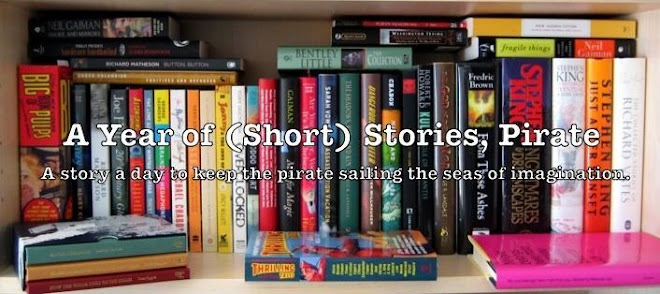“The Test”
by Richard Matheson
The Incredible Shrinking Man (1994)
* * * (Good) Science Fiction
As an elderly man, Tom must pass The Test every five years in order to keep on living. His body failing him, Tom makes a difficult decision while on his way to The Test.
It is scary how some extrapolations of future public policy seem far-fetched, but not necessarily impossible. It would be tough enough knowing the punishment for failing the test is death, but knowing you couldn’t possibly pass the test would make the appointment a difficult one to keep. The story spent too much time at the beginning showing the test in detail, and could have been better served by leaving some of this up to the reader’s imagination. Overall, it’s a great, thought-provoking idea that provides a nice mix of thinking entertainment.
(This story was read July 28th, but the review was not posted until a day later due to a bout of unexpected sleep.)
5k (Semi) Challenge
14 years ago

